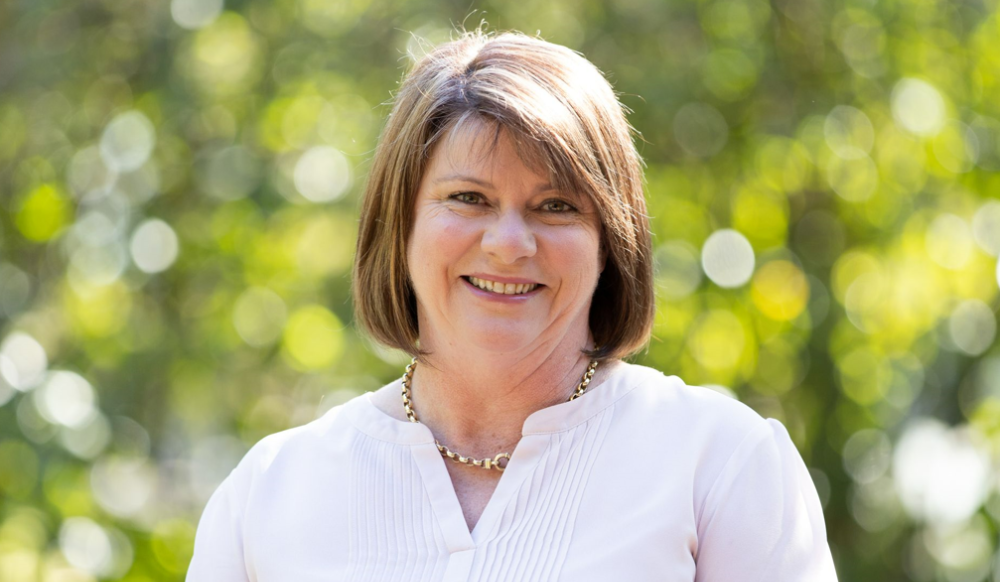
We all know that, in general, having friends is an important aspect of life and one that provides us with some of our most cherished experiences throughout life.
But friendships and positive relationships in the early years are much more than a nice to have – in fact, they are a vital aspect of childhood and a critical enabler for learning. Research tells us that children who struggle to be socially competent by the time they reach formal school face some real challenges socially and academically, and one reason we work so hard to help young children form positive relationships and early friendships.
In those first few formative years, children’s early experiences of friendships help teach our children a lot about how to navigate the broader world outside of family and home. Friendships and positive relationships help children develop the soft skills we all need, such as the ability to be empathetic to others, caring and sharing, not forgetting negotiating and problem-solving and general communication with others. Of course, friendships and positive relationships are also critical in children’s overall mental health & wellbeing.
But learning theory also tells us that friendship and peer groups are critical to help cement and extend more formal aspects of learning for children. As children engage in hands-on learning with their friends, they are able to replay ideas and test their thinking; in fact, learning theory tells us that social interactions need to be in place to help stimulate and lead a child’s learning.
In the following blogs, we dive deeper into what friendship and positive relationships look like in each age group and unpack how we support these in our classrooms.
Yours in education and care
Lesley Jones
(B.Ed.E.C., M.Ed.S., PhD.)
